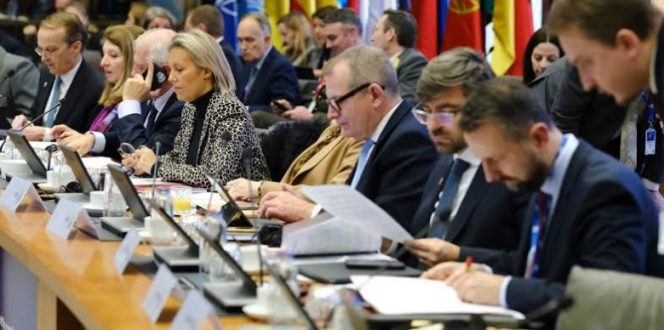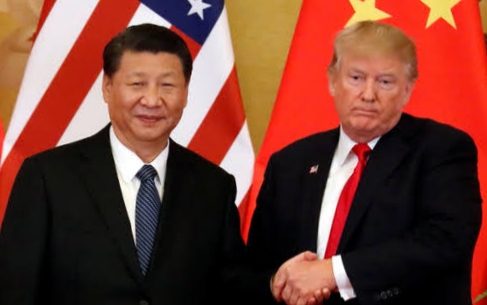INTERNEWSTIMES.COM – A year after Hamas attacks, the European Union’s stance on the Israeli-Palestinian conflict is facing a test. While initially expressing solidarity with Israel, the EU is now grappling with the humanitarian crisis in Gaza and the ongoing conflict’s impact on its own citizens.

The EU’s initial response to the Hamas attacks in October 2023 was one of strong support for Israel’s right to defend itself. However, the ongoing military operations in Gaza, resulting in a high number of civilian casualties, have led to growing tensions between the EU and Israel.
EU member states have disagreed on the timing and scope of calls for a ceasefire, with some arguing that such calls would undermine Israel’s right to defend itself. Despite this, the EU has consistently called for a humanitarian pause and a ceasefire, urging both Israel and Hamas to protect civilians.
The EU’s criticism of Israel’s settlement policy in the West Bank, which it considers a violation of international law, has further strained relations. The EU remains committed to a two-state solution, but Israel’s government has repeatedly rejected this approach.
The conflict has also impacted European societies, with protests in support of both Israel and Palestine taking place in several countries.
The EU’s ability to influence Israel is being questioned, with some analysts suggesting that the bloc lacks internal consensus and concrete action. While the EU is Israel’s largest trading partner, some member states have called for a review of the EU-Israel Association Agreement, which includes provisions on human rights and free trade.
Despite the challenges, the EU remains committed to finding a peaceful solution to the conflict. However, it remains to be seen whether the EU can effectively influence Israel’s actions and promote its vision of a two-state solution. (Red)























